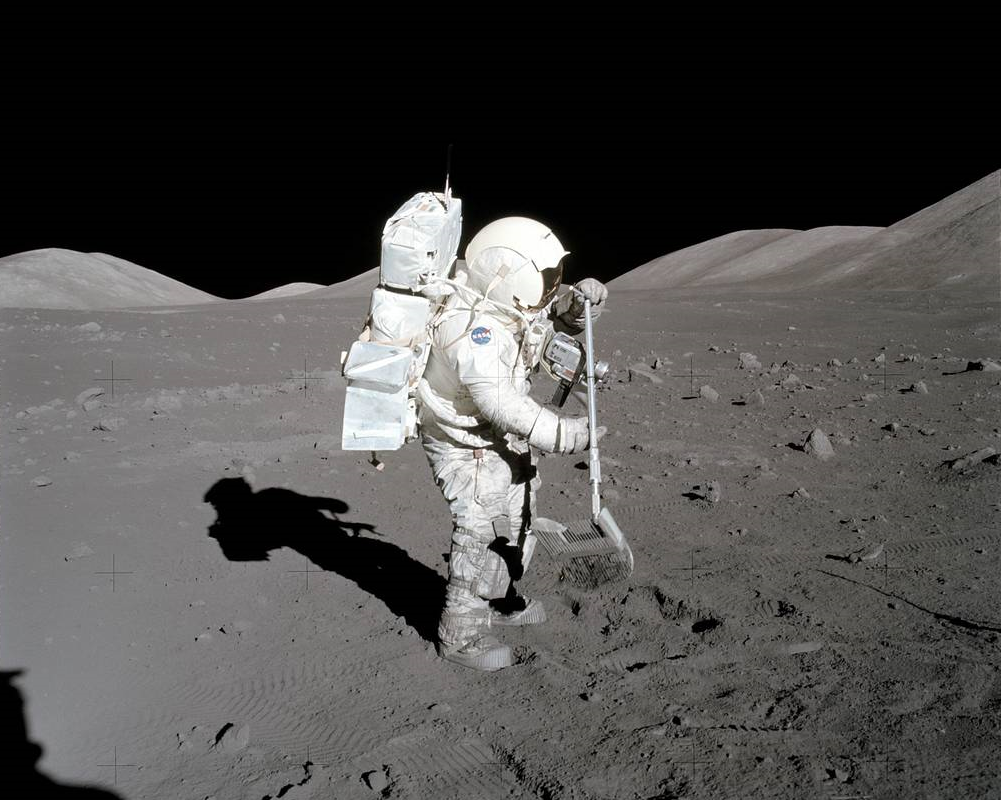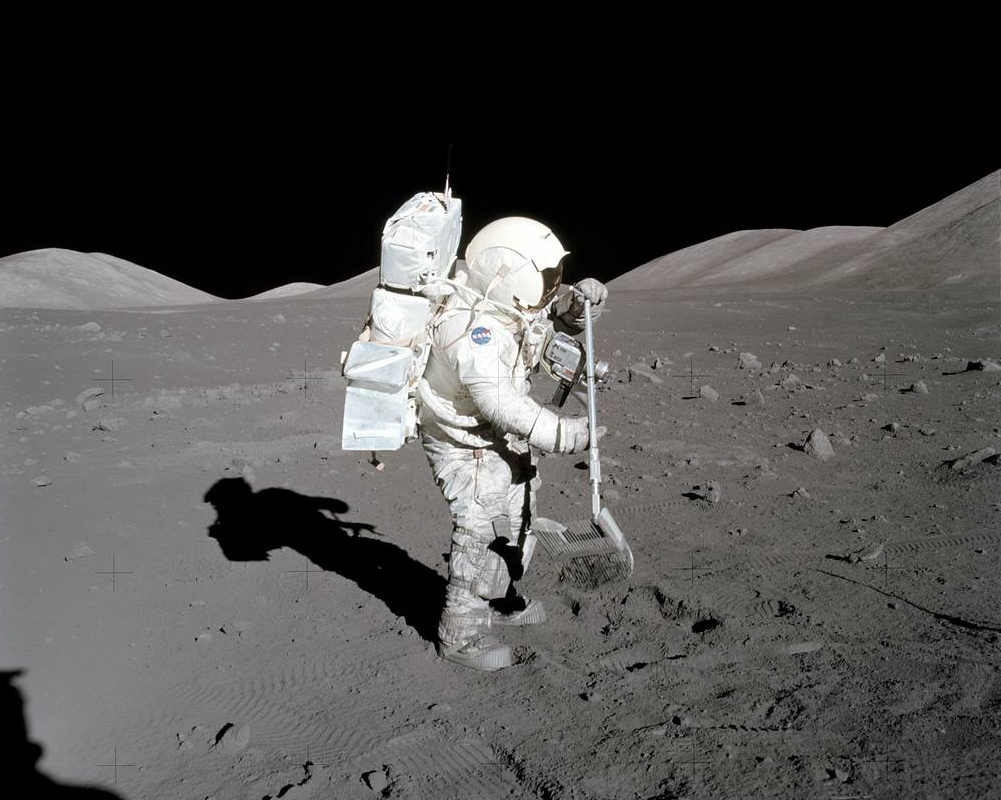The Apollo missions of the 1960s and 70s were the most prolific collectors of space rocks, bringing back 382 kilograms of rock, rubble, and dirt, divided up among 2196 samples. Those samples have now resided on Earth for about five decades, but they haven’t all been opened. A few specimen tubes were kept sealed for study at some future date. Many of the scientists now studying lunar rocks weren’t even born when the samples came back, says Francis McCubbin, an astromaterials curator at Johnson Space Center, Texas, and the co-lead of the Apollo Next Generation Sample Analysis (ANGSA) program.
As part of ANGSA, researchers are now opening up six samples from the Apollo 15 and Apollo 17 missions that have either been kept frozen or under vacuum since they were collected. They want to learn about the Moon’s volatile gases, which they hope the curation techniques have contained, as well as the historic geologic processes that shaped Earth’s satellite. The biggest focus, though, is understanding how well the curation techniques worked, as it will inform the design of sample-collection protocols for NASA’s upcoming Artemis mission.
NASA
Zoe Wilbur, a graduate student at the University of Arizona, is part of the team tasked with evaluating Apollo’s freezing technique. Wilbur plans to compare a frozen sample with one from the same rock that has been at room temperature for the last 50 years. She hopes that the frozen sample has new information to share. But she notes that, “even if we find out that there’s no difference, that’s still a really interesting result.”
Wilbur is excited to be part of the effort to send humans back to the Moon and about the secrets they might uncover when they are there. “I didn’t think that people would walk on the Moon again in my lifetime,” she says. “It’s almost surreal.”
https://news.google.com/__i/rss/rd/articles/CBMiJ2h0dHBzOi8vcGh5c2ljcy5hcHMub3JnL2FydGljbGVzL3YxNC81NdIBAA?oc=5
2021-04-12 15:12:44Z
CBMiJ2h0dHBzOi8vcGh5c2ljcy5hcHMub3JnL2FydGljbGVzL3YxNC81NdIBAA



Tidak ada komentar:
Posting Komentar